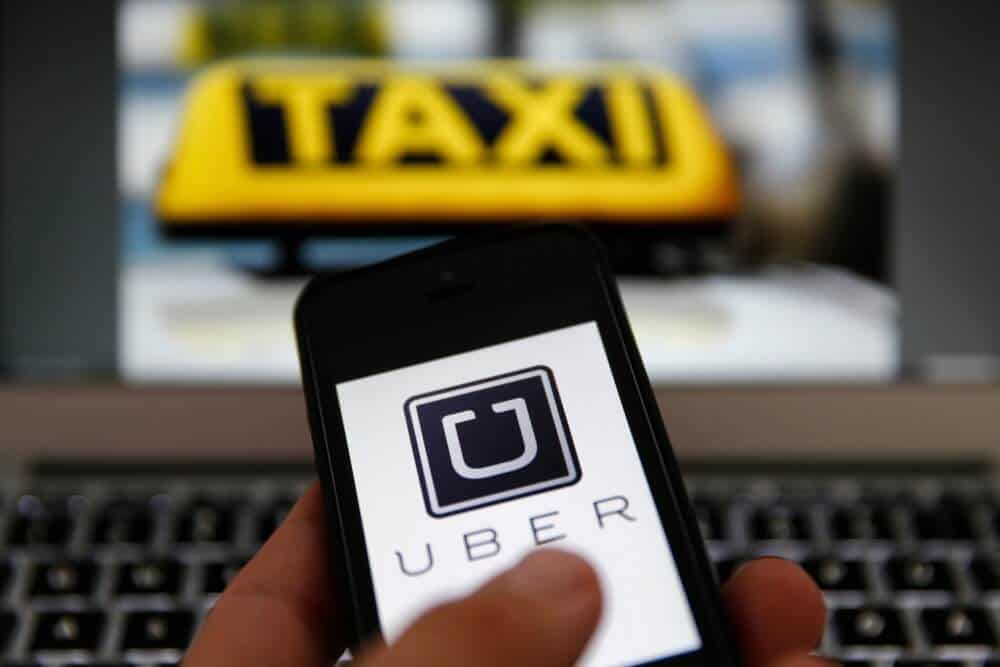Twilio, which provides communication technology to ride-sharing company Uber, filed for an initial public offering (IPO) last week. The San Francisco-based company is looking to raise up to $100 million in an IPO. Twilio intends to list the Class A common stock on the New York Stock Exchange under the symbol “TWLO.”
In an IPO prospectus submitted to the U.S. Securities and Exchange Commission on May 26, Twilio reported a loss of $6.5 million, on revenue of $59.3 million, for the three months ended March 31. For full-year 2015, the company posted a loss of $35.5 million on $166 million in revenue.
Twilio, which was founded in 2008, noted in the prospectus that it had more than 28,000 active customer accounts as of March 31.
The communication technology company was able to raise more than $233 million in venture funding from investors including Amazon, Fidelity Investments and Salesforce Ventures. The company’s biggest stakeholders are Bessemer Venture Partners and Union Square Ventures.
Jeff Lawson is leading Twilio. He has served as CEO and board member since April 2008. Lawson is also one of founders of the company.
CNBC reported that Twilio’s filing coming during a dead period for IPOs, according to CNBC. No venture-backed companies have tested the market in 2016.
$1.5 Trillion Spending On Communications Services
Gartner estimated that $3.5 trillion would be spent on information technology globally in 2016, and 42% of all IT spending would be on communications. The $1.5 trillion spent on communications services represents almost five times the amount spent on enterprise software and nine times the amount spent on data centers, Twilio noted in its filing with the U.S. Securities and Exchange Commission.
“We believe the limitations of existing hardware- and network-centric communications products historically have anchored the communications technology market in high cost and low functionality. Over time, we believe that a meaningful portion of the $1.5 trillion spent on communications services will migrate from existing hardware- and network-centric communications products to contextual communications solutions that are integrated into software applications,” according to the company.
Uber and Twilio
Uber relies on Twilio’s technology for driver partner communications and phone number verification.
In 2011, Uber added Twilio’s Programmable Messaging products into its mobile applications to update riders in real-time about their ride requests. The ride-sharing company was able to integrated notifications, such as when a driver partner accepted the rider’s request, when the driver partner was arriving or if the ride had been cancelled for any reason, into the application.
Uber also added Twilio’s Programmable Voice products into its applications to allow driver partners and riders to call each other while using Twilio’s phone number masking capabilities.
Uber Facing Problem in India
Uber was ordered by the southern state of Karnataka in India to cease operations until drivers get licenses to operate. The Wall Street Journal reported that the ride sharing had applied for a license but approval is pending.
In a statement, Karnataka’s transport department said that “many aggregator companies have not obtained licenses” as mandated under new rules implemented in the state in April to regulate app-based taxi aggregators.
Under the new rules, Uber and other companies are required to obtain licenses to operate, provide details of the vehicles on their platforms and their drivers on a quarterly basis, and aren’t allowed to charge fares higher than those set by the government.
Uber and Toyota Motor announced a partnership to create new flexible leasing options for the ride-sharing company’s drivers. The Uber and Toyota will offer the program on a trial basis in countries where ride-sharing is growing. Drivers will be to purchase vehicles on lease from Toyota Financial Services. For the repayment for the loan, they can use earnings generated from the Uber network. “The leasing period will be flexible and based on driver needs.”
Developing driverless cars remains a top priority for Uber. The ride-sharing company is expected to collaborate with Toyota on self-driving cars technology.
Trusted & Regulated Stock & CFD Brokers
What we like
- 0% Fees on Stocks
- 5000+ Stocks, ETFs and other Markets
- Accepts Paypal Deposits
Min Deposit
$200
Charge per Trade
Zero Commission on real stocks
64 traders signed up today
Visit Now67% of retail investor accounts lose money when trading CFDs with this provider. You should consider whether you can afford to take the high risk of losing your money.
Available Assets
- Total Number of Stocks & Shares5000+
- US Stocks
- German Stocks
- UK Stocks
- European
- ETF Stocks
- IPO
- Funds
- Bonds
- Options
- Futures
- CFDs
- Crypto
Charge per Trade
- FTSE 100 Zero Commission
- NASDAQ Zero Commission
- DAX Zero Commission
- Facebook Zero Commission
- Alphabet Zero Commission
- Tesla Zero Commission
- Apple Zero Commission
- Microsoft Zero Commission
Deposit Method
- Wire Transfer
- Credit Cards
- Bank Account
- Paypall
- Skrill
- Neteller
What we like
- Sign up today and get $5 free
- Fractals Available
- Paypal Available
Min Deposit
$0
Charge per Trade
$1 to $9 PCM
Visit Now
Investing in financial markets carries risk, you have the potential to lose your total investment.
Available Assets
- Total Number of Shares999
- US Stocks
- German Stocks
- UK Stocks
- European Stocks
- EFTs
- IPOs
- Funds
- Bonds
- Options
- Futures
- CFDs
- Crypto
Charge per Trade
- FTSE 100 $1 - $9 per month
- NASDAQ $1 - $9 per month
- DAX $1 - $9 per month
- Facebook $1 - $9 per month
- Alphabet $1 - $9 per month
- Telsa $1 - $9 per month
- Apple $1 - $9 per month
- Microsoft $1 - $9 per month
Deposit Method
- Wire Transfer
- Credit Cards
- Bank Account



